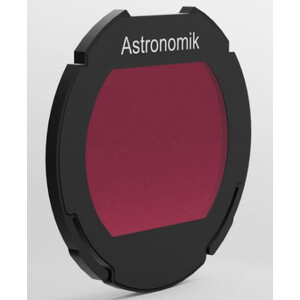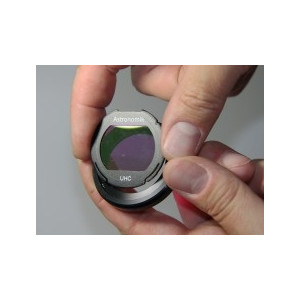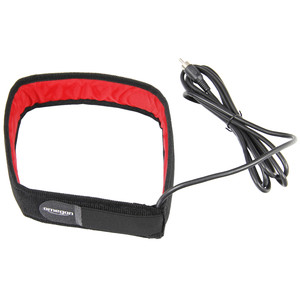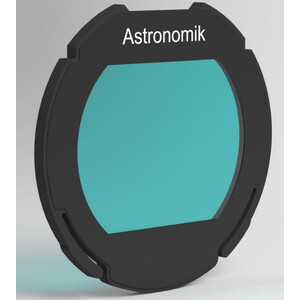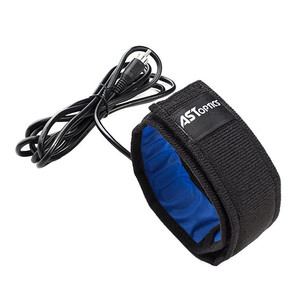Bring Out The Faint Structures In Nebula
Narrowband filters set a new bar of performance and durability for imaging and research
They enhance contrast of emission targets by lowering your background signal. The guaranteed >90% transmittance at the emission wavelength provides you with the highest signal available. Narrowband filters are renowned for minimizing halos around bright stars, even for long exposures of 30-45 minutes typical of narrowband imaging in astrophotography. Lastly, Narrowband filters are coated to the edge of the part and are edge blackened. This is critical to minimize stray light for a filter that blocks most light except for the narrow bandpass.
Narrowband filters for imaging are all about contrast. What do we mean by this? Contrast brings out faint features by reducing the background – the narrower the filter, the better. The problem is keeping the signal (%T at the emission line) constant as the filter becomes spectrally narrower. This is why our >90%T guarantee is so important, even though it becomes very costly to manufacture. But, this assures you that you can take advantage of the improved contrast with our narrower filters compared to the much less expensive 7- 8.5 nm filters on the market. You can see the increase in contrast in the sequence of equal-exposure images of the Crescent Nebula (NGC 6888) taken on the same system and on the same night. As the bandwidth becomes narrower, the nebula “pops” out of the background, as does the faint surrounding nebulosity. Actually, the >90%T is a legacy specification, since new production technologies employed over the past 3-4 years routinely produces 97-98%T at the emission wavelengths.
Please note: In principle, all camera lenses can be used with the Clip-Filter - i.e. Canon EF lenses or camera lenses from other third party manufacturers such as Sigma, Tamron, Tokina, Walimex etc. However, the use of clip-filters with Canon EF-S lenses is NOT possible!
